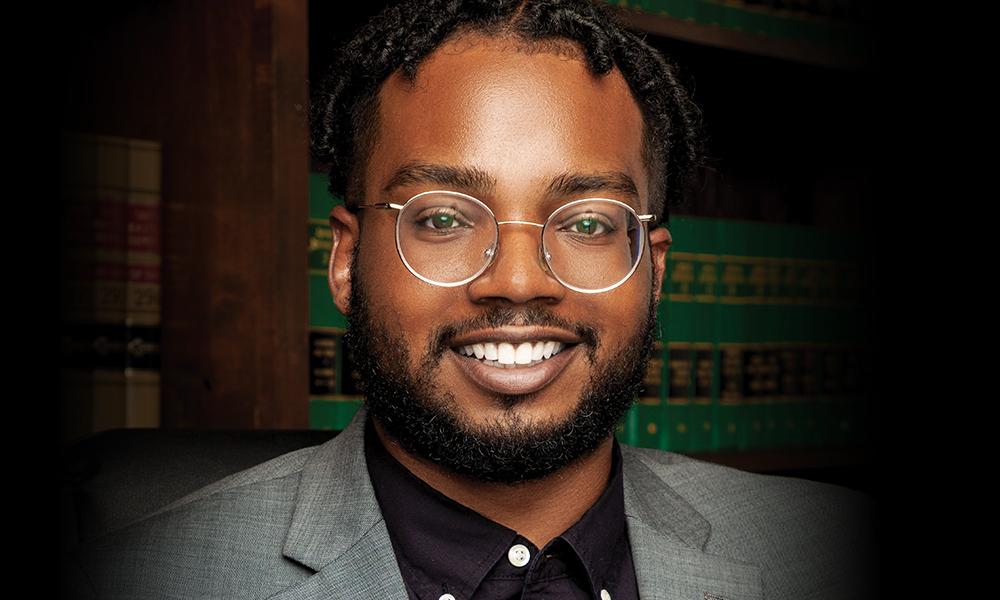
Growing Up Black & Catholic
Being raised in the South molds a young adult’s perspective on Black history and Black History Month uniquely.
I cannot express any individual experience other than the one I have, and that which I believe many Black children and young adults encounter if attending predominantly white, public schools.
Being raised in the South molds a young adult’s perspective on Black history and Black History Month uniquely.
I cannot express any individual experience other than the one I have, and that which I believe many Black children and young adults encounter if attending predominantly white, public schools.
Beginning in elementary school, Black history is taught from the perspective of what enslaved Africans did once they were brought to the Americas, which was being forced to work as slaves. Being educated in the South celebrates this with field trips to famous plantations and Confederate soldier reenactors performing at school assemblies. These activities lead other students to bombard the Black child with questions to which he or she may or may not know the answers.
By middle school, the Black history that was learned is mocked by students, who tell jokes about lynching Black people or associate a dark skin complexion with evil. Black History Month at most might include a historical fun fact over the morning announcements or a brief lesson on influential Black figures. However, by this age, a Black child has learned about his or her own leaders, celebrities and athletes, even if they are not taught about in schools.
When this child is in high school, he or she begins to see the importance of celebrating Black history every day. For this person, ironically, Black History Month is met with a little dread, since bringing up the subject seemed to be so unpopular among the majority of the student body, leading to the same mockery experienced in middle school.
During all this schooling, however, the child has important outlets and ways to be around other Black children in celebration and solidarity, whether that be through sports, the arts or church.
I have been fortunate to help celebrate the rich blackness of the Catholic Church by coordinating a Black young adults Christmas reunion at St. Anthony of Padua Church in Greenville. We celebrate each unique experience and the common connection of being universally Catholic.
“Black history is more than a reminder of the struggles, hurt and pain experienced by our people. It also celebrates the gifts God bestowed upon us,” said Kathleen Merritt, diocesan associate director of Black Catholic Ministry.
The Black Catholic Ministry Office, with whom I volunteered, organizes ways for the Church to celebrate its ethnic diversity and to recognize it as a strength of the Catholic faith. The focus is on bridging the gap between mainstream culture and those who feel marginalized from the Church because of ethnic or cultural background.
Father Michael Okere, pastor of St. Martin de Porres Church in Columbia, said that Black history is a unique history.
“[It] considers the events, which include culture, history and values of the Black people who came to this country through slavery,” he said. “Over time, this celebration has evolved into a celebration of diversity and inclusion, achievement and challenges the black person encounters in everyday American society.”
Merritt agrees. “Our gifts of creativity, intelligence, forgiveness, resilience, Black spirituality and love is the reason why everyone should celebrate Black History Month.”
Michael Gourdin is a musician from St. Anthony of Padua Church in Greenville. Email him at 864gourdin@gmail.com.
